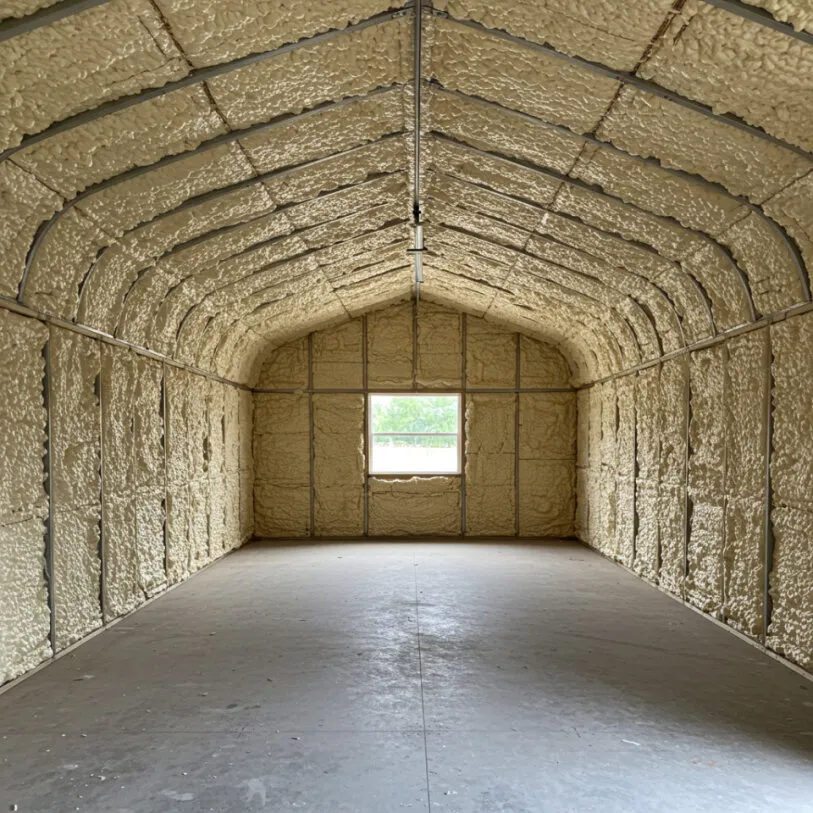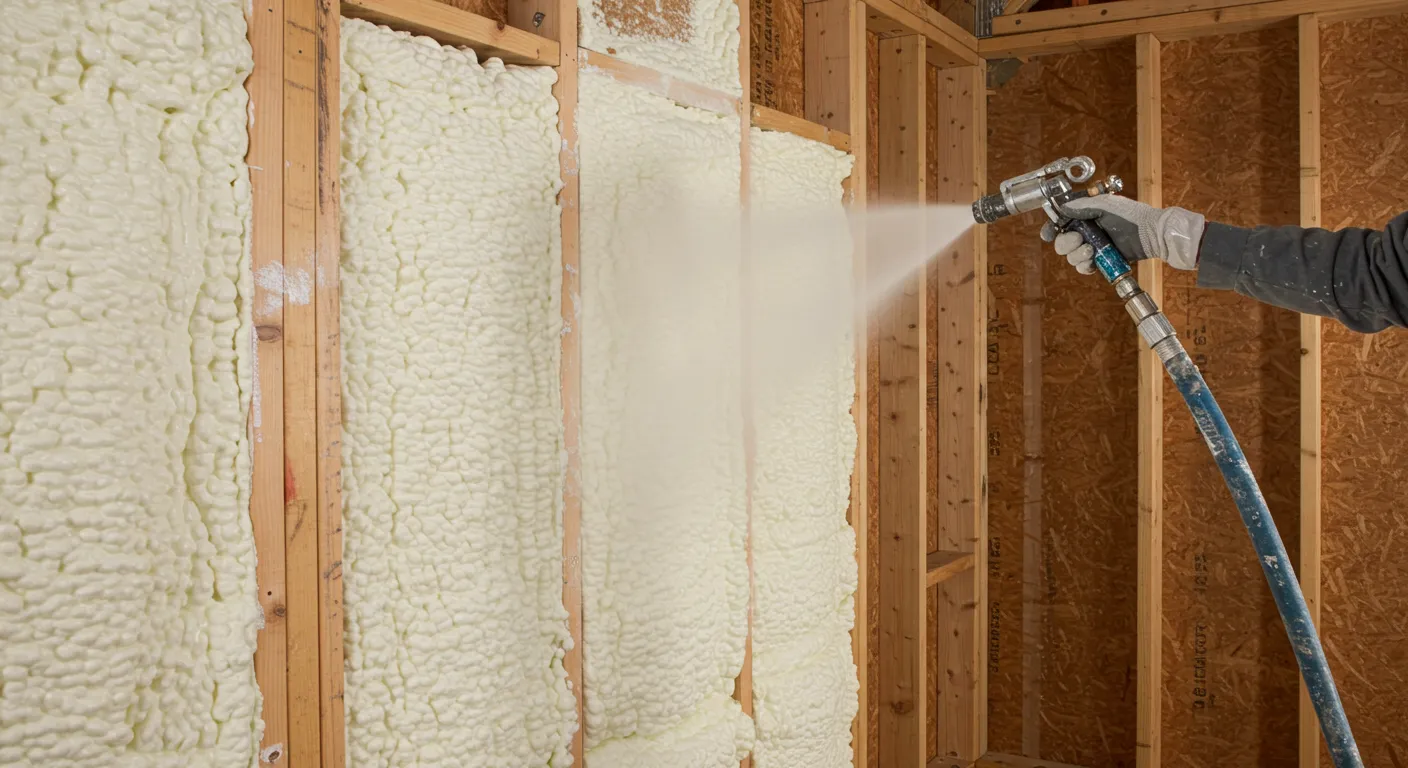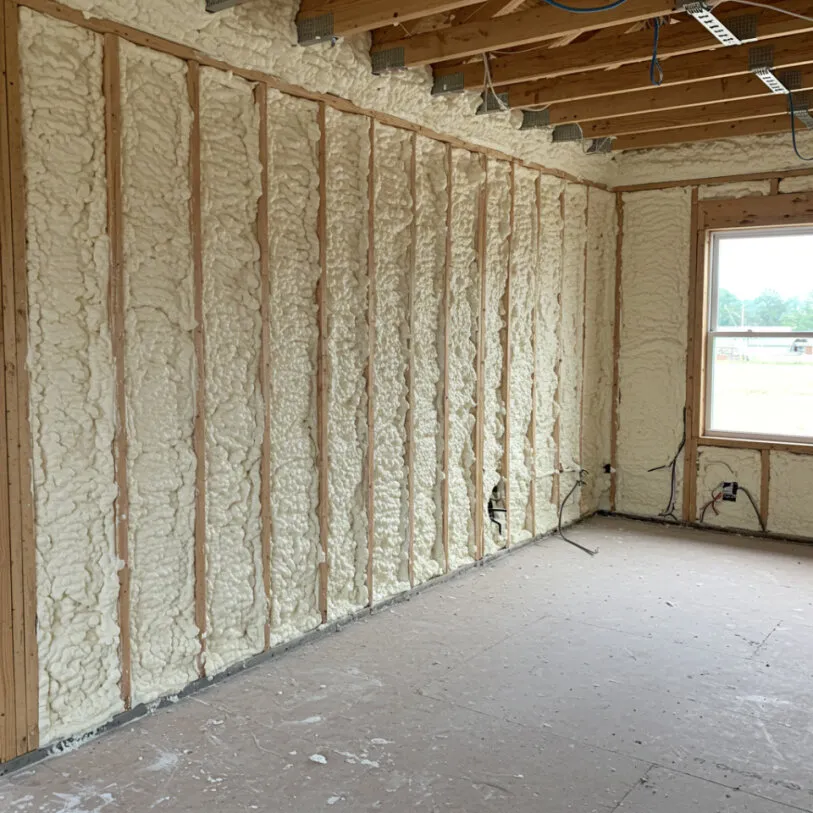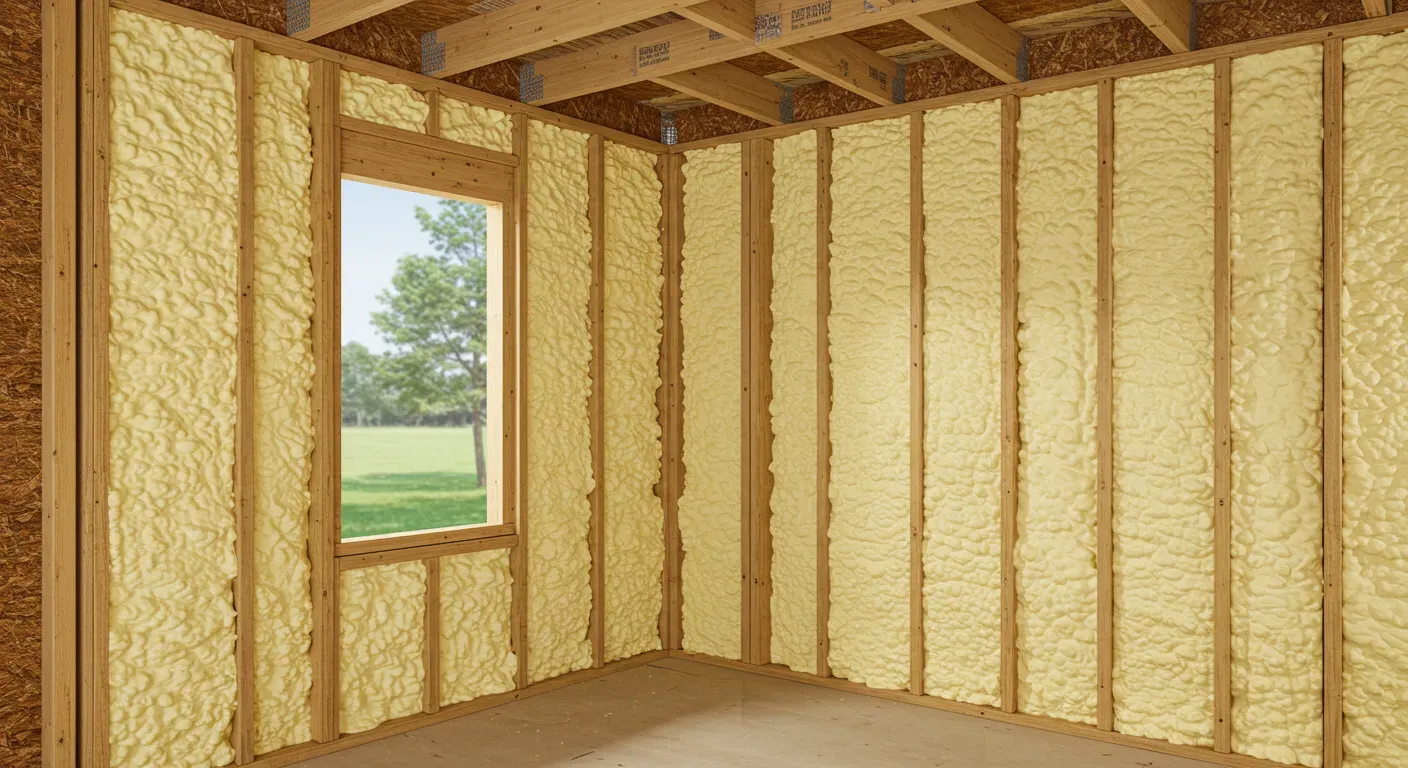

Spray foam insulation is widely recognized for its superior energy efficiency and long-term cost savings. However, homeowners and commercial property owners often wonder, do insurance companies like spray foam insulation? This question is particularly relevant for those looking to install or upgrade insulation in their homes or businesses. Understanding how spray foam insulation impacts insurance premiums, policy coverage, and potential risks can help property owners make informed decisions.
This article explores the relationship between spray foam insulation and insurance companies, including how insurers view its benefits, risks, and potential challenges. Additionally, it provides insights into how homeowners can secure favorable coverage while leveraging the advantages of spray foam insulation.
Insurance providers assess various factors when determining policy terms, coverage limits, and premiums. Insulation plays a key role in this evaluation, influencing aspects such as:
Spray foam insulation offers notable advantages in these areas, but some insurers still have concerns about its application and long-term effects.
Spray foam insulation significantly reduces heat loss, resulting in lower energy consumption. Many insurance providers view energy-efficient homes as lower-risk properties due to decreased chances of frozen pipes, humidity-related issues, and structural wear.
Closed-cell spray foam insulation creates an airtight seal that minimizes moisture penetration. This can reduce mold-related insurance claims, making properties with spray foam insulation more appealing to insurers.
Spray foam adds rigidity to walls and roofs, improving structural stability. Insurers may favor homes with increased durability, potentially leading to premium discounts.
Some types of spray foam insulation are flammable if not treated with fire retardants. While building codes require fire-resistant materials or coatings, insurers may be cautious about potential fire hazards.
Unlike traditional fiberglass insulation, spray foam adheres tightly to surfaces, making it difficult to inspect electrical wiring, plumbing, and structural components. Some insurers worry that hidden issues could go undetected until severe damage occurs.
Removing or repairing spray foam insulation is more expensive than traditional insulation methods. Insurance companies may consider this an increased risk when assessing claims for damage restoration.
Insurance companies use multiple factors to set premium rates for properties with spray foam insulation. These include:
A homeowner in Seattle installed closed-cell spray foam insulation, significantly lowering their heating and cooling costs. Their insurance provider recognized the improved energy efficiency and reduced risk of moisture-related claims, resulting in a 10% reduction in premiums.
A homeowner in Washington experienced difficulty obtaining coverage after installing spray foam insulation without proper documentation. The insurer required an inspection and increased the policy premium due to concerns about hidden damage.
| Insulation Type | Fire Resistance | Moisture Control | Energy Efficiency | Impact on Insurance |
| Fiberglass | Moderate | Low | Moderate | Neutral |
| Cellulose | High | Moderate | High | Positive |
| Spray Foam | Varies (with fire treatment) | High | Very High | Mixed (Depends on installation & documentation) |
Spray foam insulation offers numerous benefits, including energy efficiency, moisture resistance, and enhanced structural durability. However, insurance companies assess it based on factors like fire safety, inspection challenges, and long-term maintenance costs. Homeowners should communicate with their insurers and ensure proper installation to maximize benefits while maintaining favorable coverage.
For homeowners in Seattle, WA, looking to install spray foam insulation while ensuring smooth insurance coverage, Cascadia Spray Foam of Seattle offers expert installation and guidance. Contact our team today to learn more about high-quality insulation solutions that meet insurance requirements and improve home efficiency.
Not all insurers have the same policies. While many accept it, some may require additional documentation or inspections before offering coverage.
Yes, if it improves structural integrity, reduces fire risks, or enhances energy efficiency, some insurers may offer discounts.
Homeowners should provide documentation, request a policy review, and consider switching to an insurer that offers better terms for energy-efficient homes.
Yes, it can boost a property’s resale value due to its energy-saving benefits and durability.
Consult with an insurance provider, verify compliance with local codes, and hire a certified installer.


